What Is Causing the Low Water Pressure in the Shower?
When a person steps into the shower, they expect to be greeted by hot water and decent water pressure that can help relax sore muscles. But what happens if the water pressure is lower than expected? This will not only leave the homeowner annoyed but also signal an issue with the home’s plumbing system. This post will provide three possible causes of low shower water pressure, including a problem with the water heater, a leak in the water line, or an issue with the showerhead itself.
Water Heater
 When the hot water pressure in the shower drops or when using hot water from other fixtures, a possible cause is an issue with the water heater. Plumbers will inspect the water heating system for problems, including sediment buildup, as one of the most common reasons for a change in water pressure is a buildup of sediment in the hot water tank. When this is the issue, water heater maintenance must be done to drain and flush the sediment from the tank.
When the hot water pressure in the shower drops or when using hot water from other fixtures, a possible cause is an issue with the water heater. Plumbers will inspect the water heating system for problems, including sediment buildup, as one of the most common reasons for a change in water pressure is a buildup of sediment in the hot water tank. When this is the issue, water heater maintenance must be done to drain and flush the sediment from the tank.
Plumbers will also look for clogs in the pipes connected to the hot water tank. If the system was recently cleaned, it’s possible some of the debris and sediment caused a blockage in the pipes. Other potential problems experts will look for are problems with the pressure valve. If it’s not open all the way, it can cause a sudden drop in the water pressure. Plumbers will also inspect if there are any leaks in the water heating system. If this happens, it can also result in lower water pressure.
Leaks
Another potential cause of low water pressure is a leak in the water line. To determine if this is the problem, plumbers will ask the homeowners questions when they arrive. They will likely first ask if the water pressure is only low in the shower or if they’ve noticed it throughout the house. This will indicate if there may be a leak in the main water line or a smaller branch line.
Plumbers can use expert equipment to identify and locate a leak to ensure plumbing leaks are causing water pressure issues. One technique is video camera inspections. This involves sending a camera down the water line to look for signs of damage like cracks or leaks. It will also reveal the location of the damage so the professionals know where the line needs to be repaired. Another piece of equipment used for leak detection is an acoustic leak detector, which can amplify sounds caused by a leak to help identify and locate it. These techniques can be done quickly and non-invasively.
Showerhead
 While low water pressure in the shower can be caused by a problem with the water heater, or a leak, it can also be caused by an issue with the showerhead itself. Before looking for larger defects, experts will examine the showerhead and look for any blockages in it that could be causing the low water pressure. They will also look to see if the showerhead is older and malfunctioning and if it needs to be replaced.
While low water pressure in the shower can be caused by a problem with the water heater, or a leak, it can also be caused by an issue with the showerhead itself. Before looking for larger defects, experts will examine the showerhead and look for any blockages in it that could be causing the low water pressure. They will also look to see if the showerhead is older and malfunctioning and if it needs to be replaced.
Showerheads can get clogged with mineral residue and sediments found in the water. When this occurs, less water can come out. So if the water pressure is low just from the showerhead and no other fixtures, an issue with the showerhead may be the cause. If it’s not the showerhead itself, plumbers can also check the pipes leading to the shower to look for any clogs or leaks that could be limiting the water flow.
About PHD Mechanical Inc
PHD Mechanical Inc has over three decades of experience serving Denville, NJ, and the surrounding areas. They provide great value, personal attention, and extended warranties on replacements. Call them today for plumbing services in Denville, NJ.
Distribution Links +
- https://smb.shelbycountyreporter.com
- https://smb.smithfieldtimes.com
- https://smb.suffolknewsherald.com
- https://smb.thewashingtondailynews.com
- https://smb.thewetumpkaherald.com
- https://smb.cordeledispatch.com
- https://smb.lagrangenews.com
- https://smb.middlesboronews.com
- https://smb.roanoke-chowannewsherald.com
- https://smb.tallasseetribune.com
- https://smb.thepostsearchlight.com
- https://smb.valleytimes-news.com
- https://smb.lowndessignal.com
- https://pr.washingtoncitypaper.com
- https://smb.theleesvilleleader.com
- https://smb.prentissheadlight.com
- https://smb.beauregardnews.com
- https://pr.hattiesburg.com
- https://pr.walnutcreekmagazine.com
- https://pr.thembnews.com
- https://pr.stylemg.com
- https://pr.bradfordvillebugle.com
- https://pr.boreal.org
- https://pr.timesofsandiego.com
- https://pr.chestercounty.com
- https://pr.wncbusiness.com
- https://pr.ashlandtownnews.com
- https://pr.millismedwaynews.com
- https://pr.norwoodtownnews.com
- https://pr.hopedaletownnews.com
- https://pr.franklintownnews.com

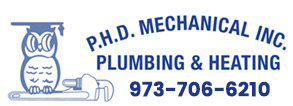
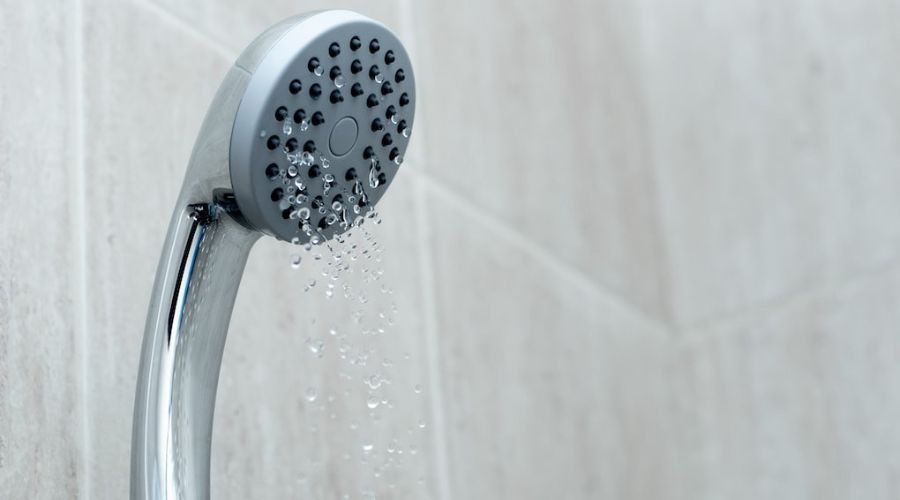


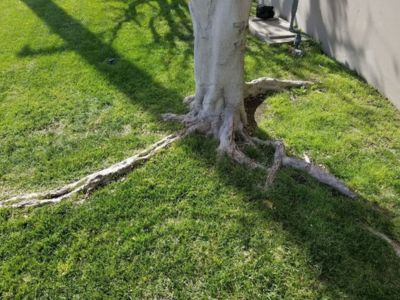 While people might focus on the above-ground appearance of trees, leaf buds, and growing branches, the roots also grow underground. As they grow, they can intrude into the piping system because trees need water and nutrients in the soil to grow and sustain themselves, and they can find it in the pipes.
While people might focus on the above-ground appearance of trees, leaf buds, and growing branches, the roots also grow underground. As they grow, they can intrude into the piping system because trees need water and nutrients in the soil to grow and sustain themselves, and they can find it in the pipes. 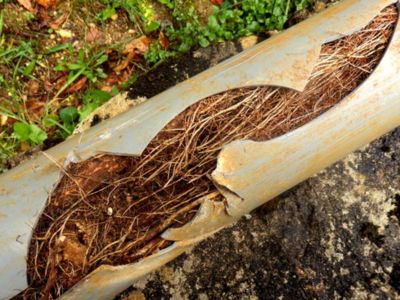 Invading tree roots can cause many issues with the plumbing, which may vary depending on whether it has entered water or sewer lines. Some of these will lead to problems homeowners may notice sooner than others. One of the first issues someone might see if tree roots have grown into
Invading tree roots can cause many issues with the plumbing, which may vary depending on whether it has entered water or sewer lines. Some of these will lead to problems homeowners may notice sooner than others. One of the first issues someone might see if tree roots have grown into 

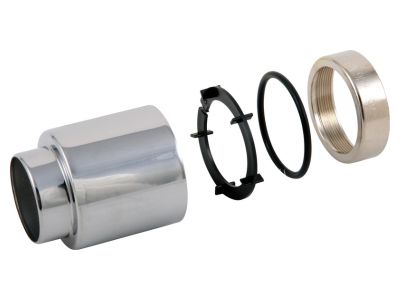 A worn-out
A worn-out 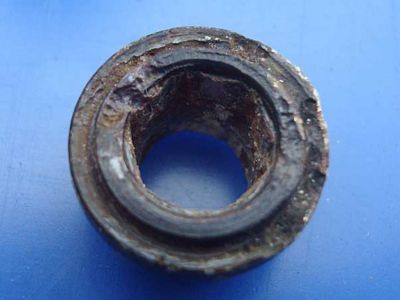 A corroded valve seat can also cause leaking and dripping at the spout due to a weakened seal. A valve seat is a metal disc that helps provide an effective seal between two surfaces and prevents leaks around them by distributing pressure evenly. A corroded valve seat can cause the sealing surface to become distorted and diminish its ability to form a proper seal, leading to leaking and dripping at the spout.
A corroded valve seat can also cause leaking and dripping at the spout due to a weakened seal. A valve seat is a metal disc that helps provide an effective seal between two surfaces and prevents leaks around them by distributing pressure evenly. A corroded valve seat can cause the sealing surface to become distorted and diminish its ability to form a proper seal, leading to leaking and dripping at the spout.



 According to recent data from the
According to recent data from the 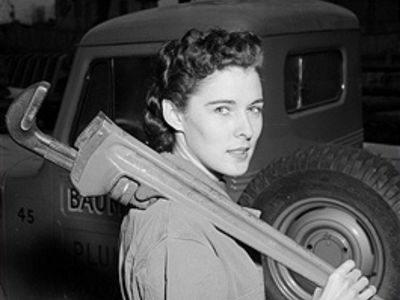



 If you are not 100% satisfied our services, then take advantage of our 1 year guarantee. We are dedicated to providing the absolute best services. Trust the professionals!
If you are not 100% satisfied our services, then take advantage of our 1 year guarantee. We are dedicated to providing the absolute best services. Trust the professionals!